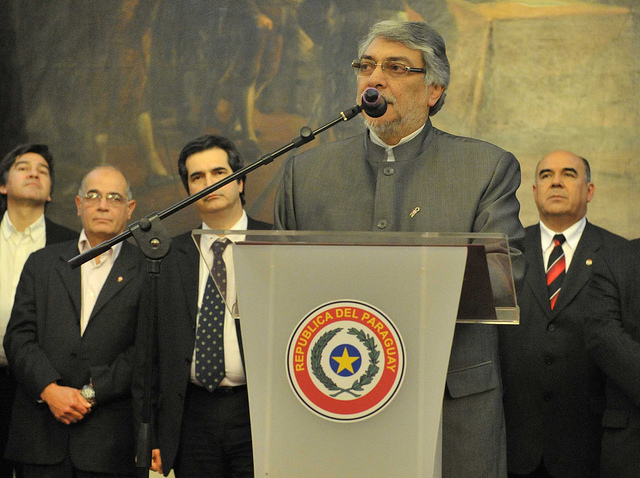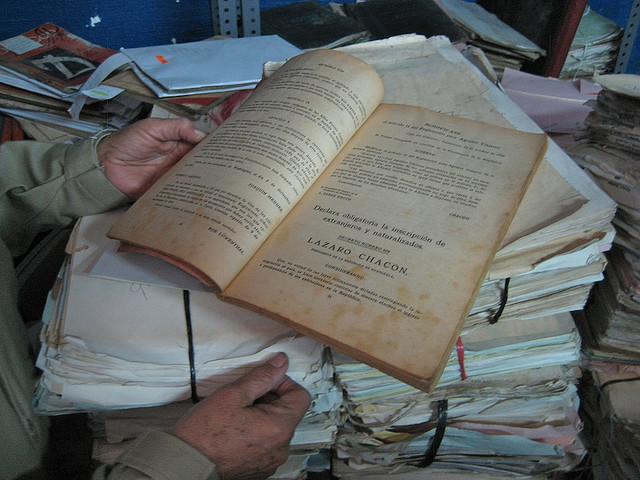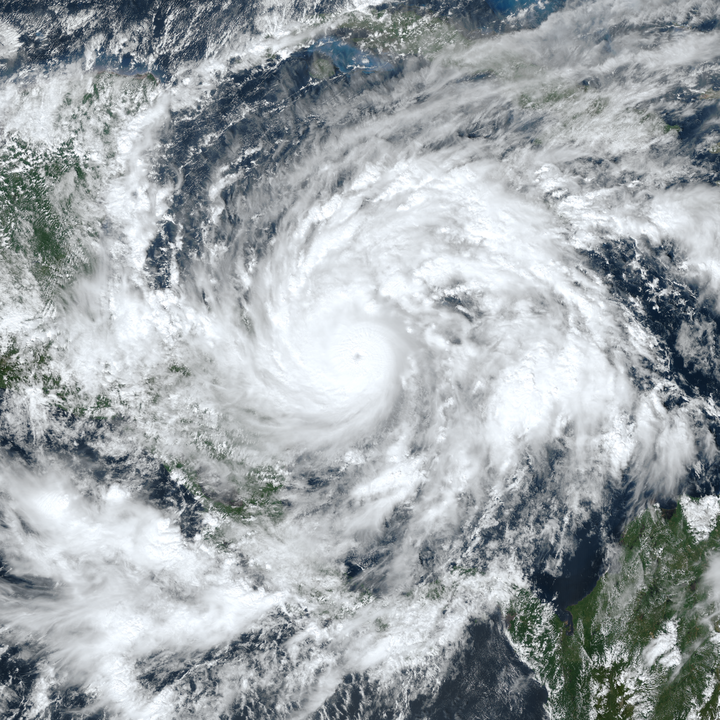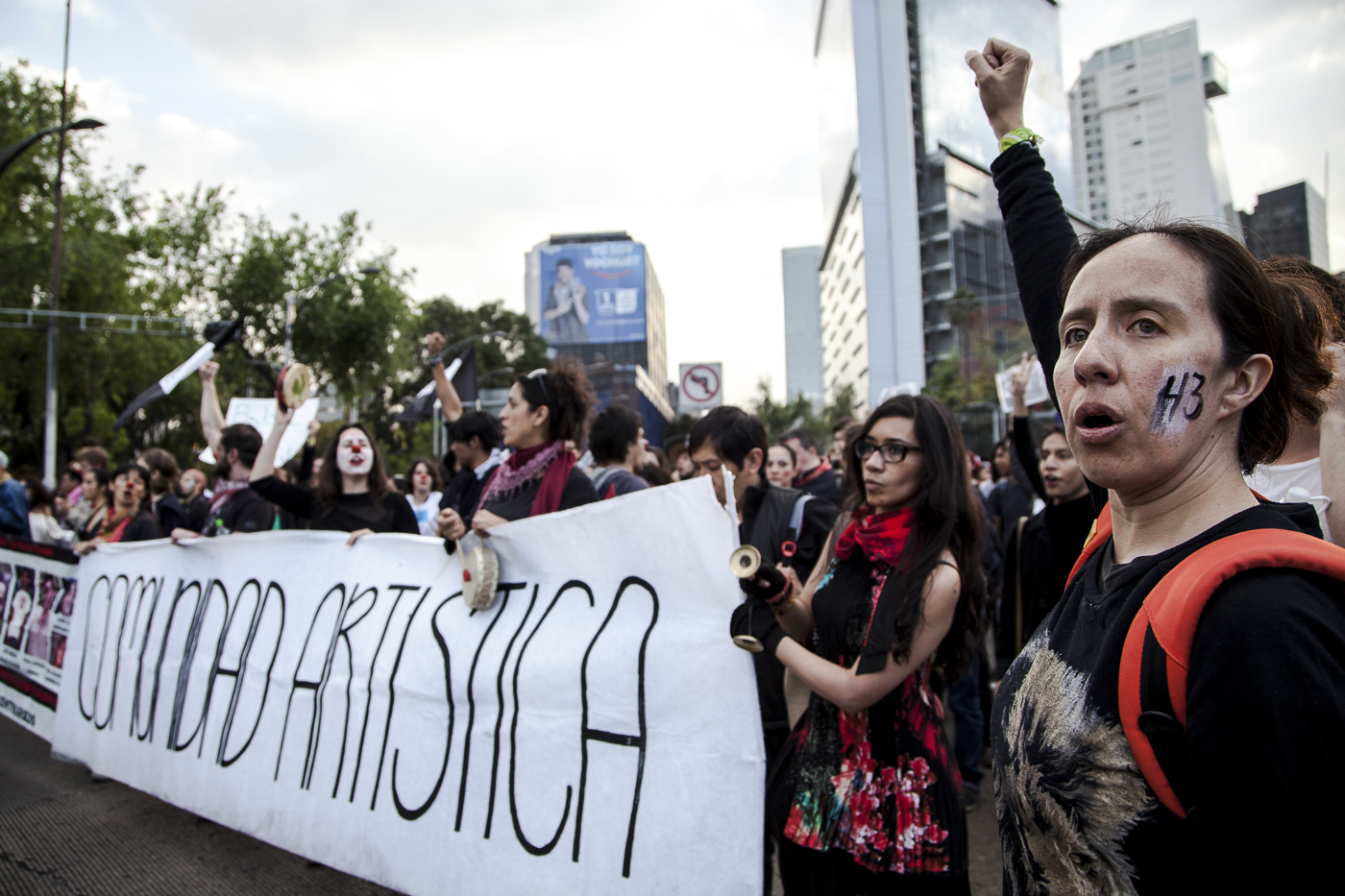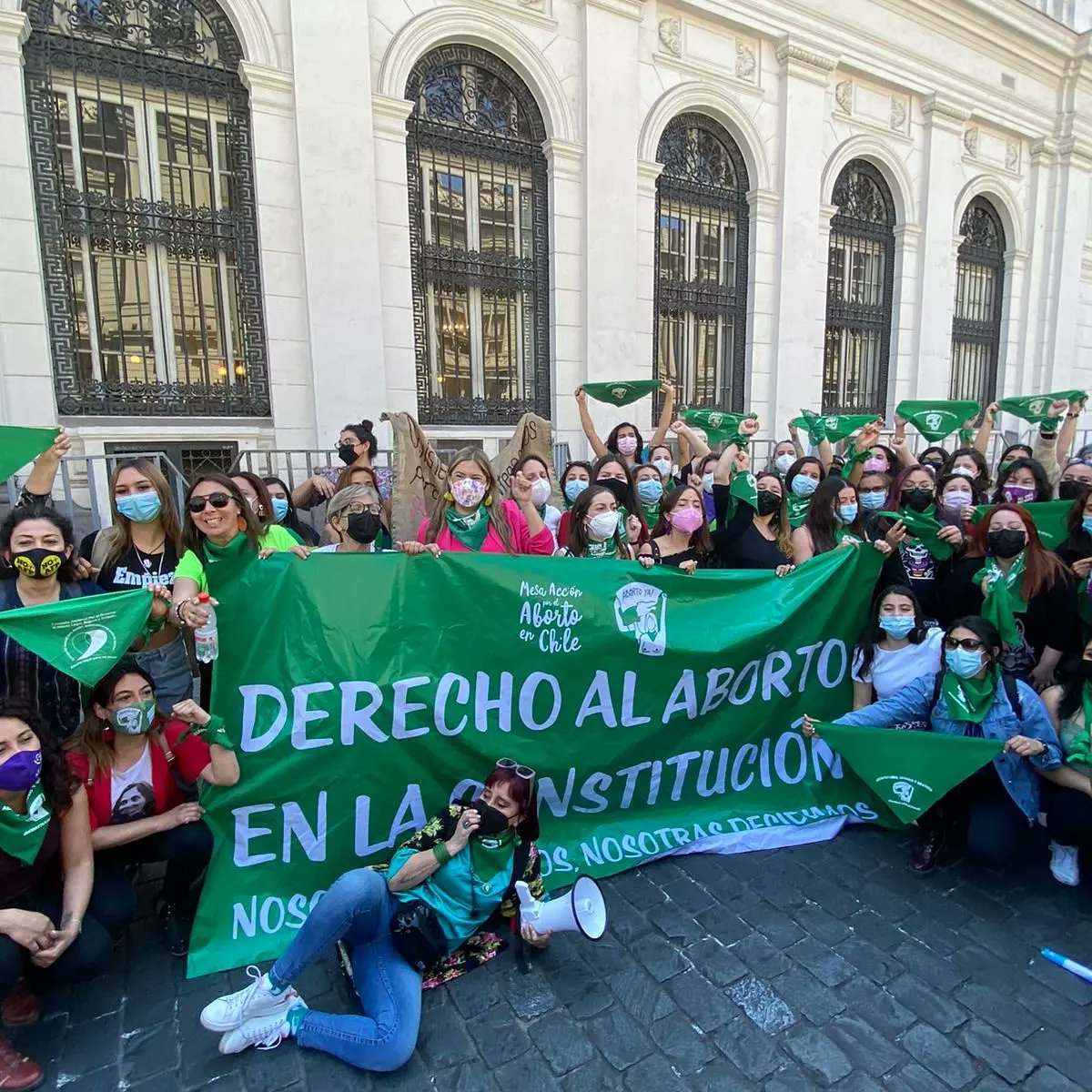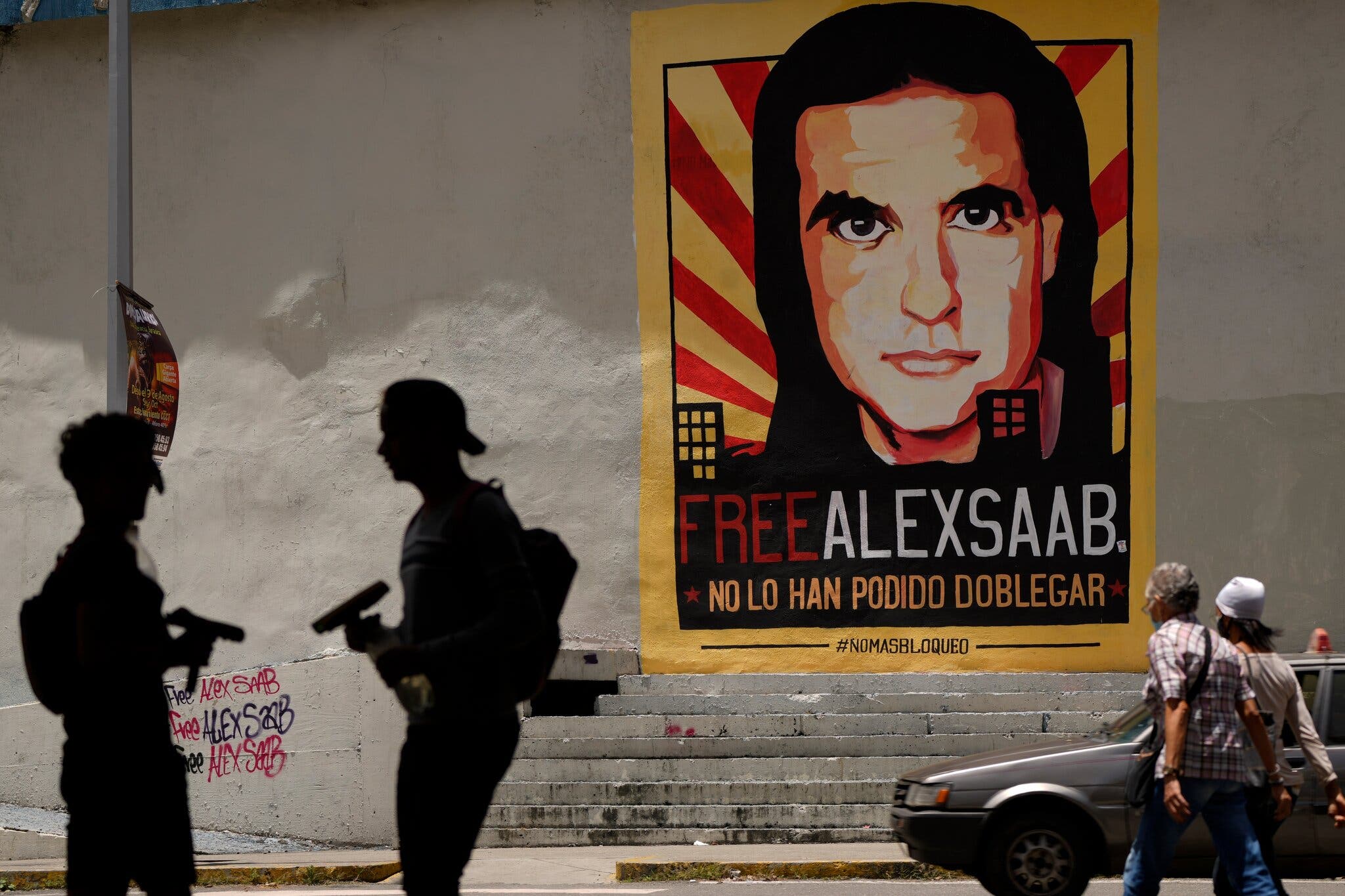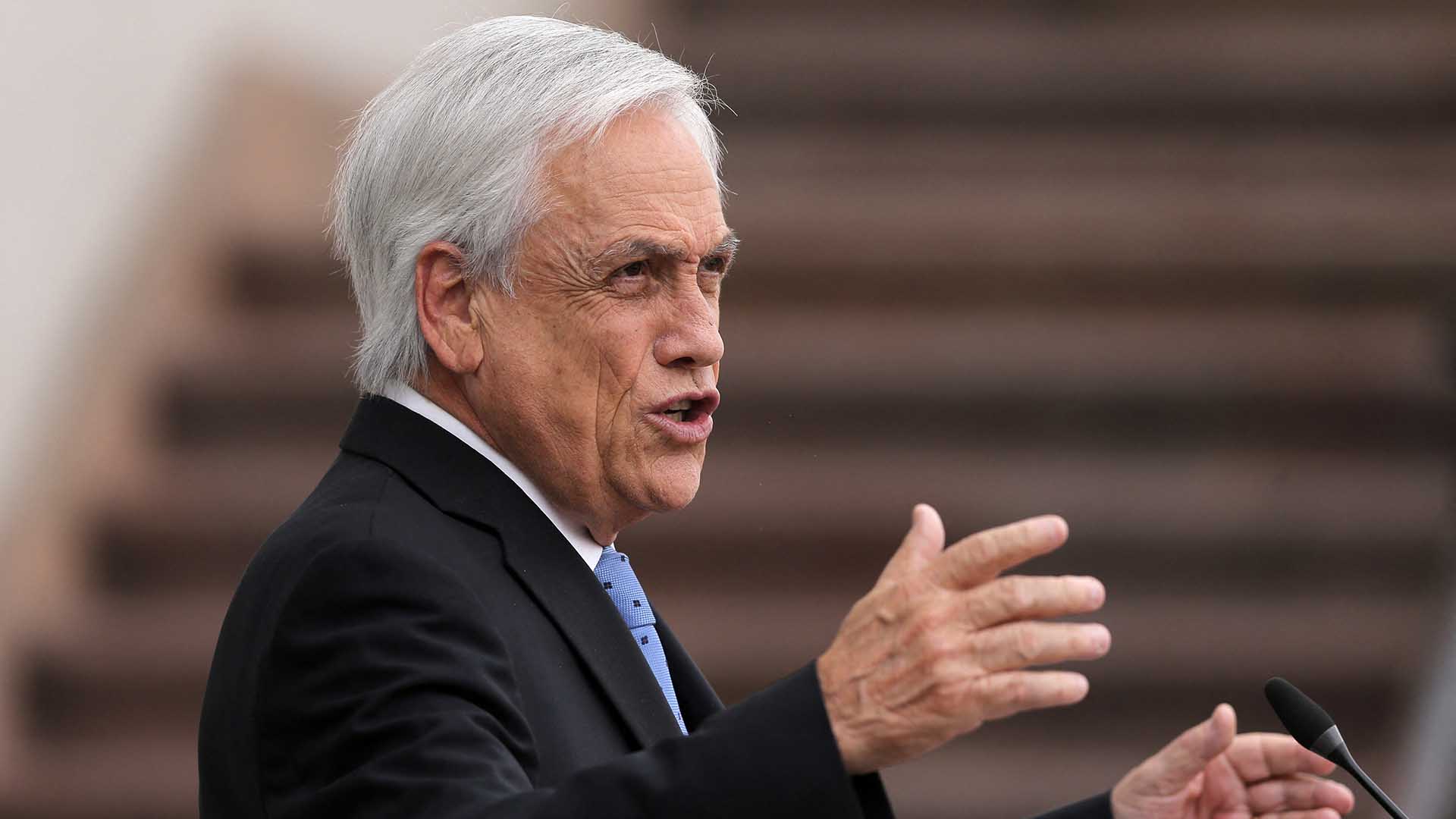
Latin America: Week in Review
Regional leaders named in Pandora Papers investigation into offshore tax havens
October 10, 2021 By Staff
THIS WEEK IN LATIN AMERICA
REGION: Latin American and Caribbean leaders featured prominently in the Pandora Papers leak by the International Consortium of Investigative Journalists reported on Monday. The documents, which detail the offshore business activities of global elites in tax havens around the world, mentioned three current presidents of the region and 11 former leaders, as well as thousands of ministers, businesses, athletes, and entertainers.
In Chile, the public prosecutor’s office announced Friday the reopening of its investigation into President Sebastián Piñera’s alleged involvement in the 2010 sale of shares in a mining company through an offshore account in the British Virgin Islands. Although the president was cleared of wrongdoing in a 2017 investigation, the public prosecutor’s office determined that the original English-language purchase agreement now accessible through the leak constituted new evidence.
Ecuadorian President Guillermo Lasso was linked to two trusts set up in South Dakota and Delaware, as well as 10 now-dissolved offshore companies. President Luis Abinader of the Dominican Republic has also come under scrutiny for two firms established in Panamá while he ran his family company. In Brazil, opposition legislators intend to file accusations of official misconduct against the Economy Minister and the President of the Central Bank for their involvement in offshore dealings.
Panamanian law firm Alcogal was named as a key player in facilitating tax avoidance practices for Latin American elites.
SOUTHERN CONE
ARGENTINA: A federal court dismissed a case against Cristina Fernández de Kirchner, current Vice-President, and former President, in which she was accused of conspiring with Iran to cover up information relating to the 1994 bombing of a Jewish cultural center in Buenos Aires. The Court ruled that a 2013 agreement between the Iranian government and the administration of then-President Fernández de Kirchner to investigate the terrorist attack “did not constitute a crime.”
In 2015, former federal prosecutor Alberto Nisman alleged that the deal was struck to obscure Iranian involvement in the bombing. He was then found dead in his apartment just days after filing the legal action, raising suspicions among local and international observers.
No one has ever been held responsible for the attack.
ANDES
COLOMBIA/VENEZUELA: The Colombian government deployed 1,400 military personnel to the border with Venezuela on Wednesday, which reopened this week after a 3-year closure. Colombian President Ivan Duque claims the unit will target organized crime and drug trafficking along the 1,367-mile border, while some say the move will fuel tensions between the two countries.
Venezuelan President Nicolas Maduro closed the border in 2019 to block the delivery of US-backed humanitarian aid, coordinated by opposition leader Juan Guaidó. The border region has long been a site of conflict, due to violent disputes between armed groups and the influx of Venezuelan migrants crossing into Colombia. While the reopening will facilitate safer movement for some, who have had to rely on precarious crossings run by criminal groups, increased militarization in the past has not brought stability to the region.
PERU: President Pedro Castillo named human rights attorney, Mirtha Vásquez, as the new prime minister on Wednesday. The previous minister, Guido Bellido, resigned two months into the role. Vásquez was the head of Peru’s Congress from 2020 to 2021, and is known for a high-profile case in which she defended a peasant farmer against Newmont Mining Corp.’s Yanacocha gold mine.
While Vászuez is left-leaning, she is considered a more moderate figure than her predecessor. Guido Bellido faced opposition from Peru’s opposition-led congress around economic policy, particularly for his suggestion that the country’s natural gas reserves be nationalized. Vásquez calmed investors this week, announcing that redrafting the country’s conservative constitution is not currently a priority.
CARIBBEAN
GUYANA: Exxon Mobil Corp., the U.S.-based energy multinational, increased its estimate of recoverable oil and gas reserves off the coast of Guyana to the equivalent of 10 billion barrels of oil.
The discovery of oil in Guyana in 2015 set the country on course to become one of the fastest-growing economies in the world. It also rekindled a centuries-old territorial dispute with Venezuela, a competing oil producer, that is currently being addressed in the International Court of Justice.
ExxonMobil holds a 45% interest in Guyana’s oil production and is the main operator. Other investors are U.S.-based Hess Corp. and China National Offshore Oil Corp.
PUERTO RICO: The island’s Department of Public Housing launched on Wednesday its scheme to install free, high-speed internet service in every public housing development in Puerto Rico. The project is expected to be completed by the end of 2022 and to cover more than 300 public housing developments. The estimated cost is $11.8 million.
This initiative supplements the Government’s ongoing efforts to set up an educational center equipped with information and communications technologies in each housing project.
CENTRAL AMERICA
EL SALVADOR: National organizations petitioned the International Monetary Fund (IMF) to require Nayib Bukele’s government to restore magistrates, and to stipulate that President Bukele can’t run for reelection as conditions for any new loan.
Bukele has not made a formal announcement on intent to seek a second term. However, on Friday, he tweeted criticizing El Salvador’s National Private Business Association and a Jesuit-run university, claiming that the organizations now negotiate “under the table” and closely associate with his opponents.
In March, the government began talks for negotiating a $1.4 million dollar financial package with the IMF. Bukele requested an additional $1.3 billion from the IMF to build a new airport and a Pacific train line.
NICARAGUA: Four Mayagna men were shot at on Monday while mining in the Bosawas nature reserve on Nicaragua’s Caribbean coast. Three men went missing and one died at the scene. The victim was identified as Martiniano Macario, 41, from Wilu in Nicaragua’s North Caribbean region.
On Wednesday, environmentalist Amaru Ruiz, director of the Del Río Foundation, claimed that it is the latest attack by settlers on Indigenous lands. Ruiz also mentioned the Aug. 25 massacre that left 12 Mayagnas dead – and that this is the third armed attack on the Mayagna community this year.
Nicaragua’s authorities have not made reports nor confirmed the killings in these zones.
NORTH AMERICA
MEXICO: 652 migrants were found inside six containers on Thursday, near the United States border in the northern state of Tamaulipas. The migrants were found under appalling conditions.
Tamaulipas is a well-known route for migrant smuggling. The majority of the migrants were found to have come from Central America. Nearly half of the migrants on board the containers were minors; 200 were unaccompanied by an adult.
Doguín Martínez, a delegate from the National Institute of Migration (NIM), announced in an interview with Telediario Victoria that NIM has petitioned the government to provide adequate shelter for the undocumented migrants. The unaccompanied minors will be returned to their countries of origin.
MEXICO/UNITED STATES: Mexico and the United States presented outlines, on Friday, for a new security framework between the two nations. U.S. Secretary of State, Antony Blinken, stated that a “new chapter” between the two nations will help pinpoint the root causes of instability, corruption, and impunity.
Mexico continues to struggle with high levels of violence related to organized crime and battles over control of certain parts of the country. This new approach will encourage the U.S. to designate more of its resources to aid the Mexican government.
